COMPANY
Since 2003, BizCom has helped customers with constructive technology tools and strategies that facilitate improved employee productivity and company growth. Call today to find out how we can help your business thrive!
BizCom Global © 2000-2025 | All rights reserved




